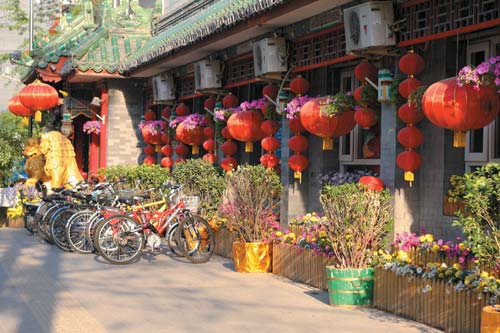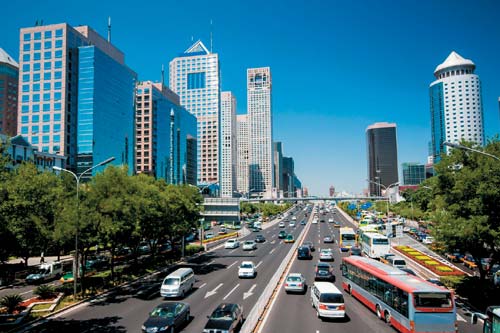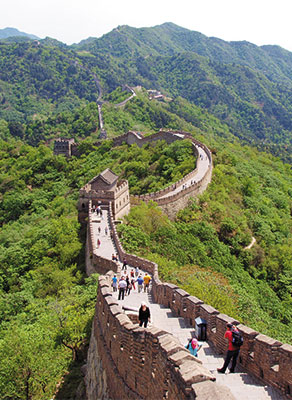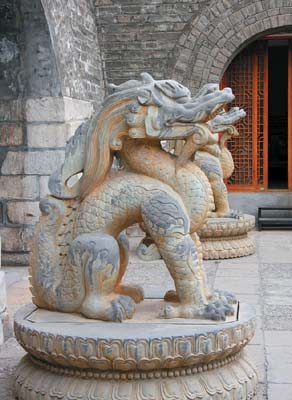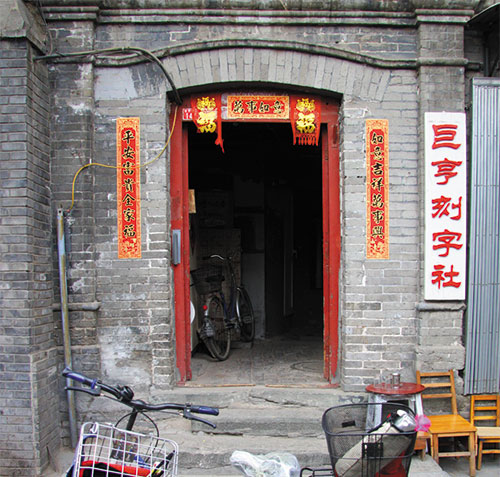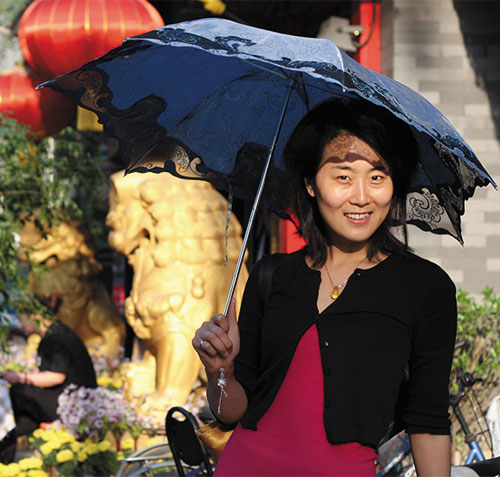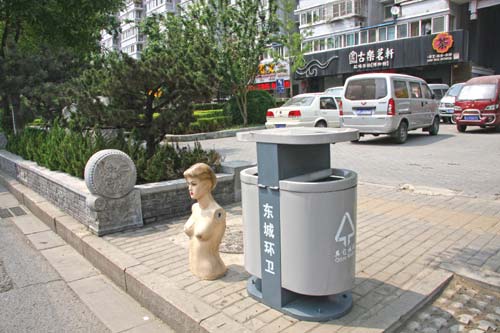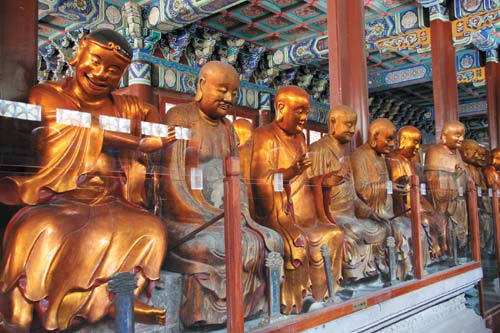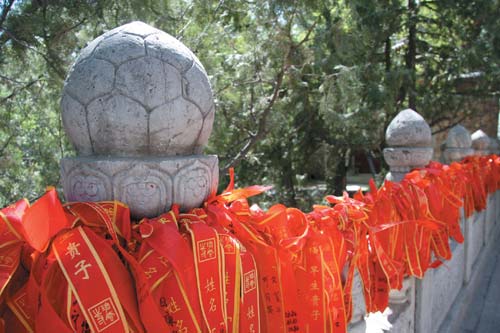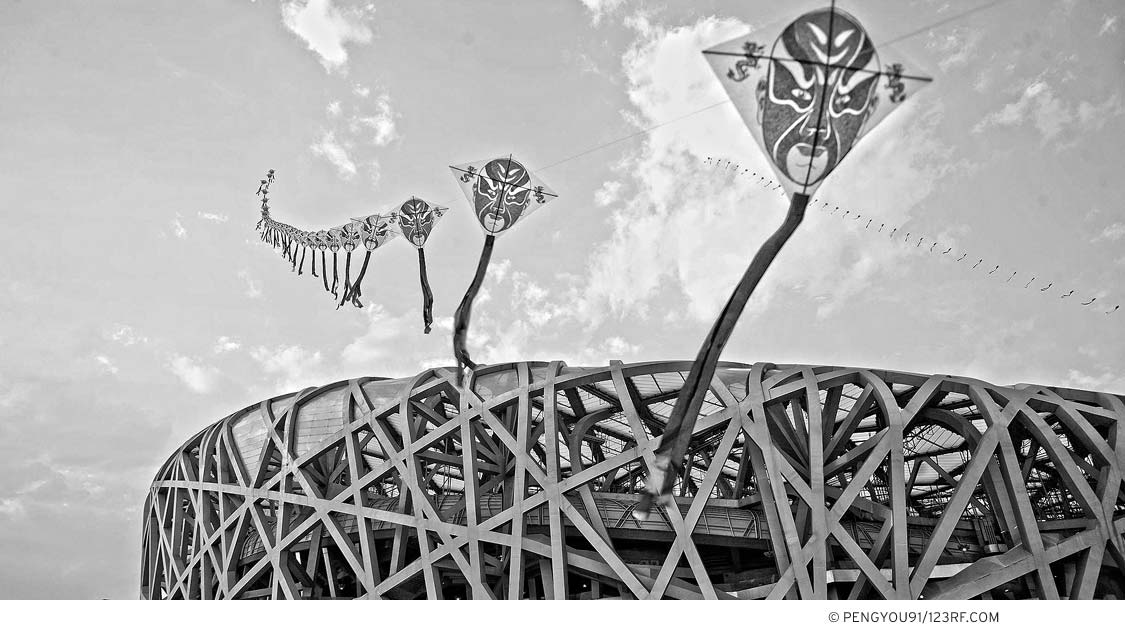
LIVING ABROAD IN
BEIJING
SHANNON AITKEN
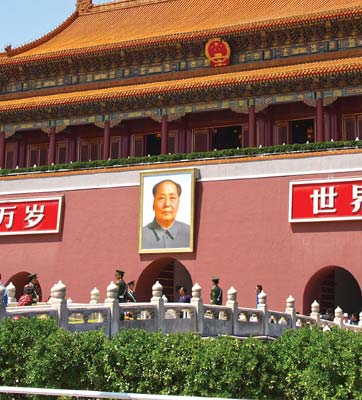 Welcome to one of the most populous cities in the world. Beijing is an exhilarating mlange of the exotic and the international, of tradition and modernity. Theres a constant energy here, a buzz of excitement and optimism about whats to come next. Stroll along the streets at night and youll hear it bubbling out of restaurants, bars, and cafsthe cacophony of chatting, laughing, and shouting, what the Chinese proudly describe as rnao. Youll sense it as you cram onto local buses and subways with throngs of other commuters, and again after dark as entertainment quarters pump out music from sun up to sun down.
Welcome to one of the most populous cities in the world. Beijing is an exhilarating mlange of the exotic and the international, of tradition and modernity. Theres a constant energy here, a buzz of excitement and optimism about whats to come next. Stroll along the streets at night and youll hear it bubbling out of restaurants, bars, and cafsthe cacophony of chatting, laughing, and shouting, what the Chinese proudly describe as rnao. Youll sense it as you cram onto local buses and subways with throngs of other commuters, and again after dark as entertainment quarters pump out music from sun up to sun down.
Yet despite this energy, Beijing has never developed the frenzied, chaotic feel of many other parts of Asia. Its orderly tree-lined streets are wide, dispersing the intensity, and its apartments generous. Outside of rush hour, its easy to forget that there are millions of people going about life around you.
Language barriers, pollution, and traffic are fixtures of life, and everyone has the odd China Day, a day of frustration that ignites longings for home. One moment youll be pushed and shoved, lose your place in the queue, and have near misses with arrogant drivers who take the right of way over pedestrians. But in the next moment you will suddenly fall in love again after tasting the most incredible barbecued meat or succulent Peking duck.
Your life here will be what you make it or are willing to shoulder. The gains youll make by immersing yourself in this fascinating culture are well worth the occasional hassles. The key to getting the most out of Beijing is to throw yourself in head first. You may find yourself staying here far longer than you initially intended.
WHAT I LOVE ABOUT BEIJING
The sense that if youre not currently doing something great then that opportunity is just around the corner.
The feeling of freedom. Living in a modern communist country does not curtail your lifestyle one bit.
How safe I feel walking home alone along a quiet, dark street at 3am.
Perfectly flat terrain, wide bike lanes, and electric scooters that you can park anywhere you like.
Beijing Duck (no one calls it Peking Duck here).
The abundant but short-lived mass of blossoms in spring.
The constant change. Things you want may not be here now, but wait a couple of months and they probably will be.
Next-to-free public transport. An average trip in a taxi will be the equivalent of US$4.75 (RMB30); a subway ride US$0.32 (RMB2); and the average bus ride US$0.15 (RMB1).
The exhilaration of going to one of the many fresh-food markets, which stock everything from freshly roasted sesame oil to hand-made noodles, to shockingly cheap avocados.
The enthusiasm with which locals accept foreigners, whether they speak a word of Chinese or not.
Extremely wide roads that seem to make the city far less intense and populated than it really is.
The infinite and ever-expanding number of restaurants and bars.
The fact that you can go out for a fine meal for about a quarter of the price that youd pay in the States.
Free home deliveryfor almost anything.
The constantly surprising diversity of Chinese people living here.
Streets and markets that dedicate themselves to one thing, whether its photographic equipment, musical instruments, or trophies.
The fact that going for a massage doesnt have to be a luxury.
Free Wi-Fi in virtually every caf and bar.
The endless social and networking opportunities for expats.
Please note! This book contains Mandarin characters. If these characters do not show up on your device, make sure "Publisher Defaults" are turned on.
China is one of the most economically and politically influential countries in the world, and Beijing is the driving seat. A city of almost 20 million people, it is also one of the countrys most populated cities, and youre moving here to be part of it all.
Beijing has been the capital of China off and on for hundreds of years, and its name has changed almost as many times as its title. Its been Khanbaliq, Yanjing, Zhongdu, Peiping, and, of course, at various periods of history, Beijing.
Thats a lot of change, and possibly a very difficult grounding on which to form a strong identity. But this has always been the way and, in fact, seems to be just part of its nature. For thousands of years it has been an important place for trade, business, and politics, and so has attracted a diverse variety of residents. Today it continues to be regarded as the political, educational, and cultural heart of the entire country, and, as such, it also offers incoming expats an amazing and life-changing experience.
For university students, life has a culture of its own very different to that on the east side of the city. The western side of town is relatively new. Not too many years ago, villages stood here, but now theyve all been torn down and replaced by soulless shopping malls and digital markets. It lacks the refinement of the east and can feel a little chaotic, but its a fun and easygoing place to be if youre a student. Many come to study Mandarin (generally referred to here simply as Chinese), but an increasing number of internationally respected, non-language-related courses are also available (taught in English).
Next page

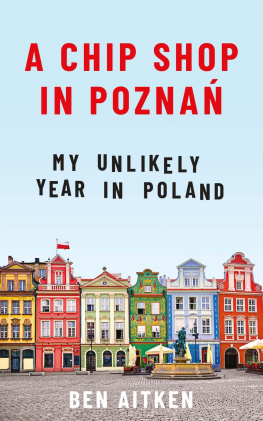
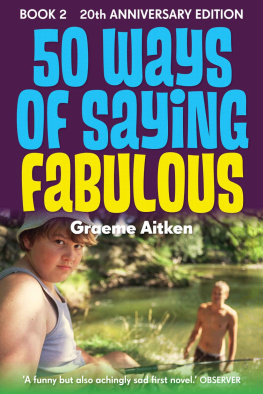
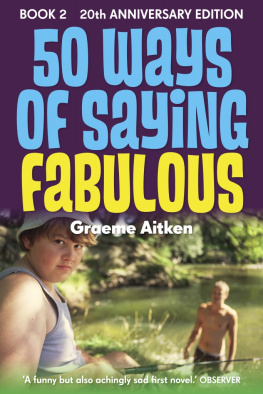
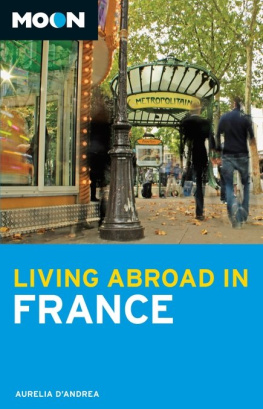
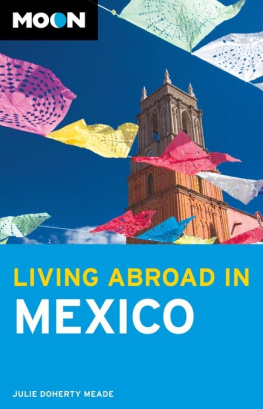


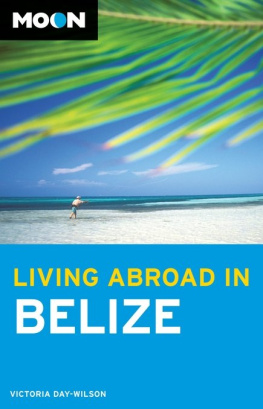
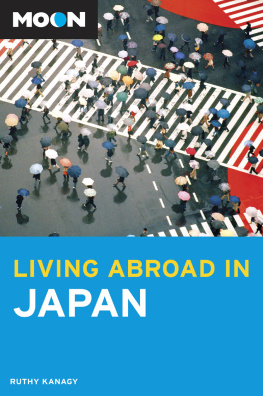

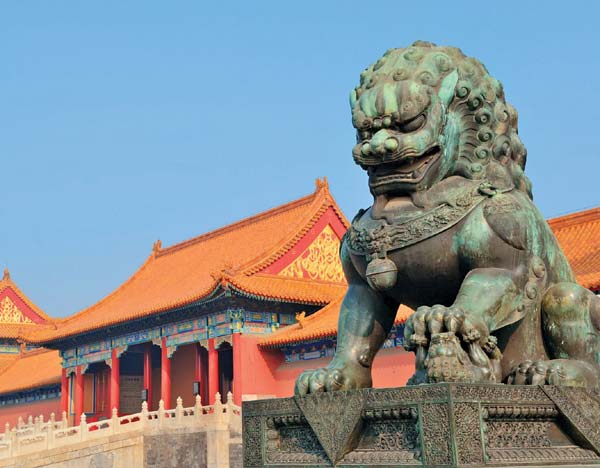
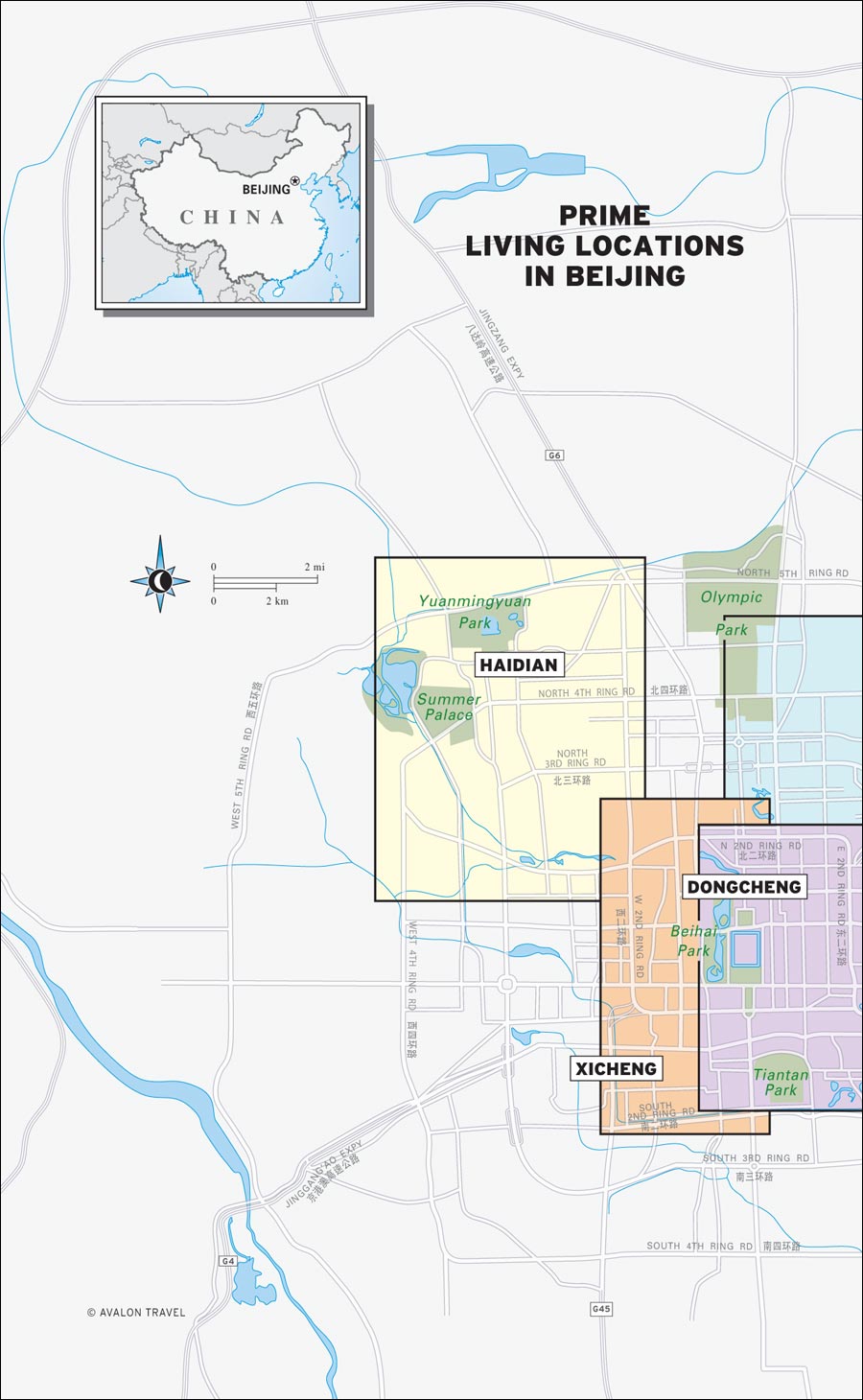
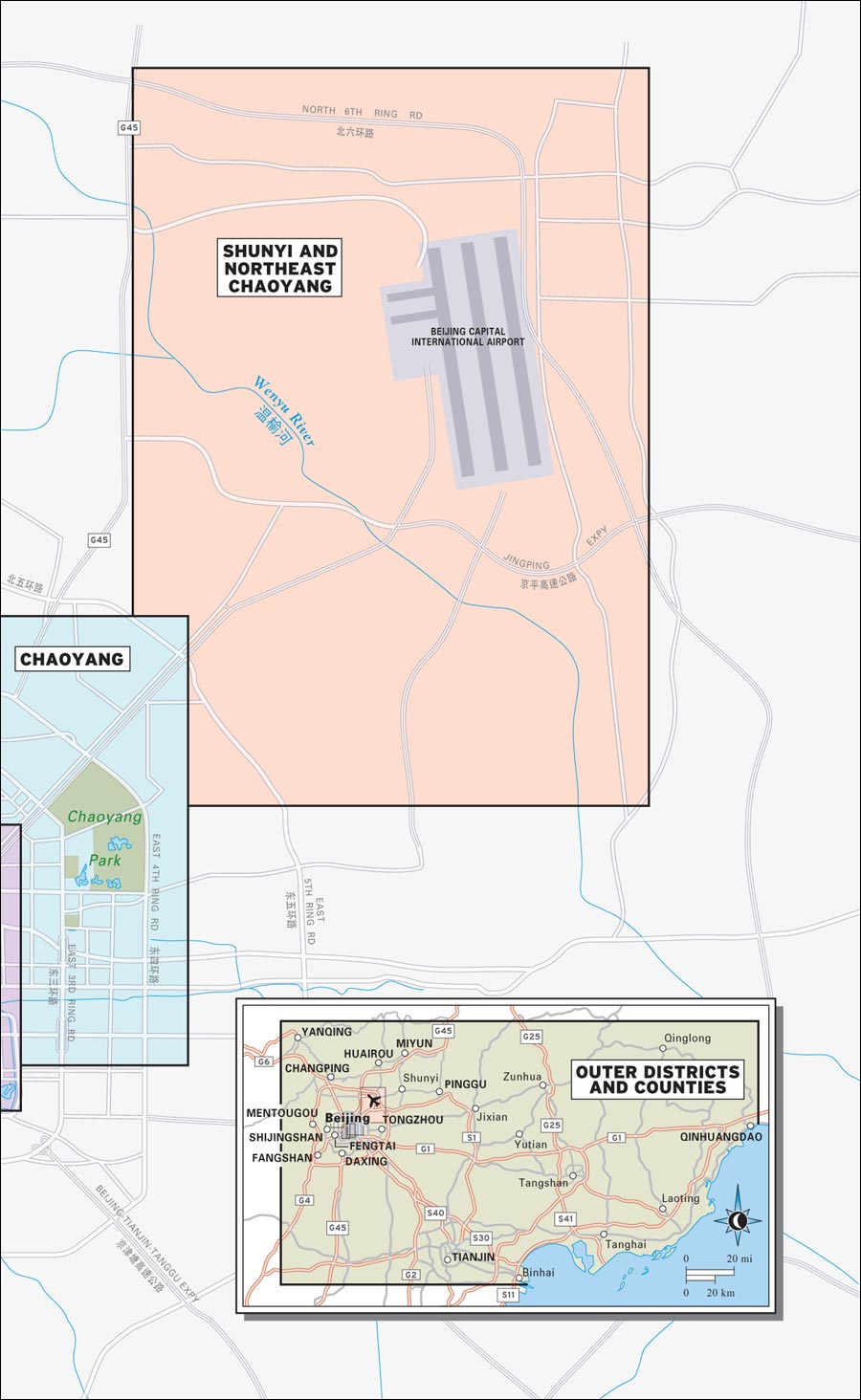
 Welcome to one of the most populous cities in the world. Beijing is an exhilarating mlange of the exotic and the international, of tradition and modernity. Theres a constant energy here, a buzz of excitement and optimism about whats to come next. Stroll along the streets at night and youll hear it bubbling out of restaurants, bars, and cafsthe cacophony of chatting, laughing, and shouting, what the Chinese proudly describe as rnao. Youll sense it as you cram onto local buses and subways with throngs of other commuters, and again after dark as entertainment quarters pump out music from sun up to sun down.
Welcome to one of the most populous cities in the world. Beijing is an exhilarating mlange of the exotic and the international, of tradition and modernity. Theres a constant energy here, a buzz of excitement and optimism about whats to come next. Stroll along the streets at night and youll hear it bubbling out of restaurants, bars, and cafsthe cacophony of chatting, laughing, and shouting, what the Chinese proudly describe as rnao. Youll sense it as you cram onto local buses and subways with throngs of other commuters, and again after dark as entertainment quarters pump out music from sun up to sun down.